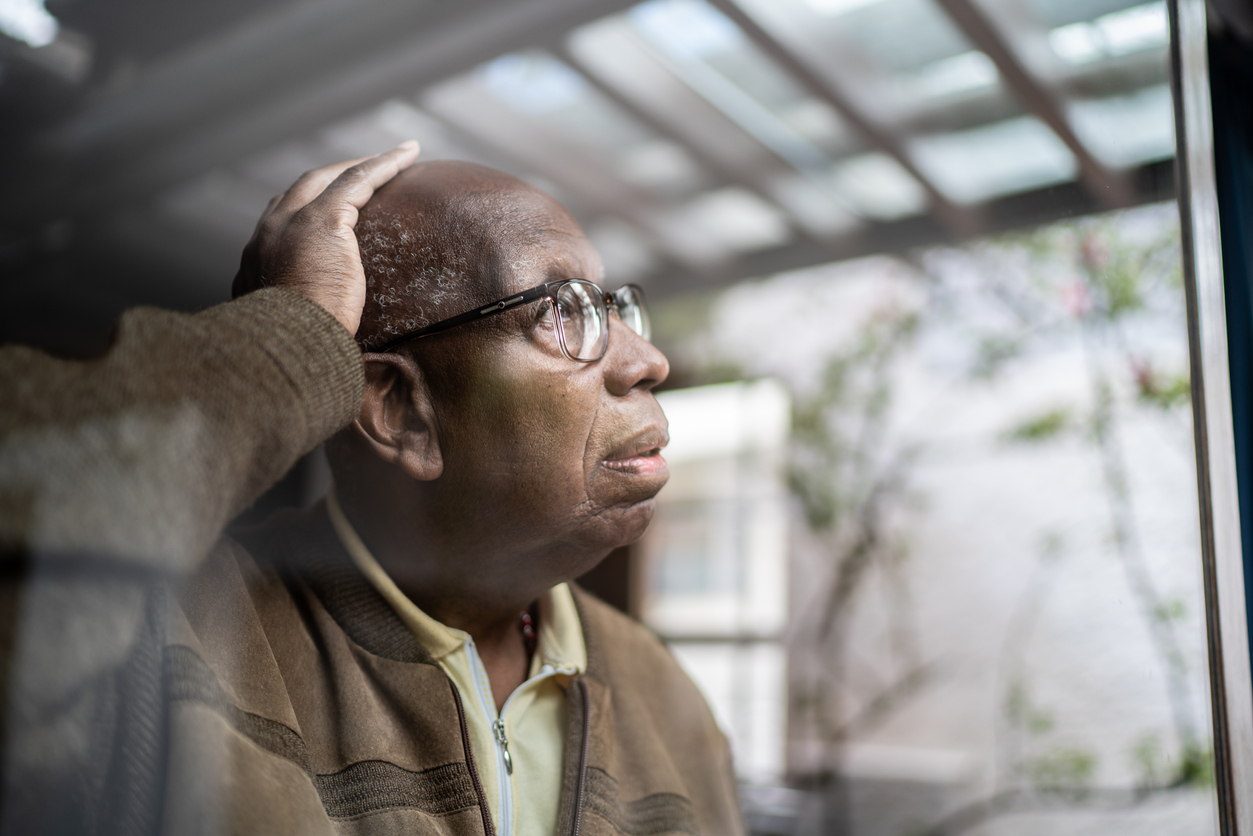
As our loved ones or we ourselves get older, we inevitably develop more health issues. The usual approach is to notice the symptoms and get treatment for a condition from health professionals as soon as possible. But what if a condition slowly sneaks up on you with difficult to notice symptoms? Alzheimer's and Dementia symptoms can sometimes be hard to see at their onset. Here’s a helpful guide to help you increase your awareness of, and learn how to identify, signs and symptoms of these two conditions.
Dementia 101
Dementia is not a single disease but rather an overall term that describes conditions caused by abnormal brain changes. These abnormal brain changes can negatively affect cognitive capacities and cause symptoms like loss of memory, language, problem-solving, and other thinking abilities.
Dementia usually presents itself as severe enough to impair a person's daily life and their ability to function independently. Dementia can also affect a person's feelings, behavior, and relationships with others.
Alzheimer's disease accounts for 60-80% of all dementia cases. And Vascular Dementia, which happens from microscopic bleeding and blood vessel blockage in the brain, is the second most common cause of dementia.
Dementia is at times incorrectly labeled as "senility" or "senile dementia," which incorrectly implies that an impaired mental state is a normal part of aging.
Early Sign of Dementia
Many signs of dementia begin small and progress with time. Noticing dementia symptoms at their onset can help you or your loved one get proper medical care right away. Keep a look out for the following early-onset dementia signs:
- Trouble remembering appointments
- Problems with short term memory
- Losing track of your wallet or purse
- Difficulty planning or preparing meals
- Forgetting to pay bills on time
If you notice any of these symptoms in yourself or others, it's best to make a doctor's appointment.
Alzheimer's 101
As we noted above, Alzheimer's disease accounts for 60-80% of dementia cases. Alzheimer's affects all people differently, so each person's symptoms and disease progression can vary.
Alzheimer's causes brain cell connections, as well as brain cells themselves, to degenerate and die. This causes memory loss and impairment of regular mental function.
Alzheimer's begins a few years before the onset of symptoms in a preclinical, Alzheimer's disease stage and then slowly progresses through three distinct stages: mild, moderate, and severe. Individuals diagnosed with Alzheimer's usually have a life expectancy of four to seven years but sometimes can live as long as 20 years.
Early Signs of Alzheimer's
In the early stages of Alzheimer's, a person can usually function independently, making disease detection tricky. Here are a few signs of early-stage Alzheimer's disease:
- Forgetting familiar words
- Forgetting names
- Having difficulty performing tasks in social or work settings
- Forgetting something you'd just read
- Losing or misplacing valuable objects
- Experiencing trouble with planning or organizing
When it's Time to See a Doctor
We can all misplace our keys or miss an appointment from time to time. But when these things occur frequently and constantly - it is time to start paying attention. If you or someone you know is experiencing memory loss or other cognitive difficulties, don't ignore it. Consult with professionals who can help you determine the cause of these issues and come up with solutions.
UAB Medical West Cares About Your Mental Health
Noticing changes in your cognitive abilities can be concerning, but we are here to offer support. UAB Medical West is dedicated to providing world-class healthcare for your and your loved ones. To schedule an appointment or learn more about dementia and Alzheimer's care and detection, visit UAB Medical West's website today. Serving Hueytown, Hoover, Bessemer, McCalla, and Vance, UAB Medical West is here for you from the first visit on!
